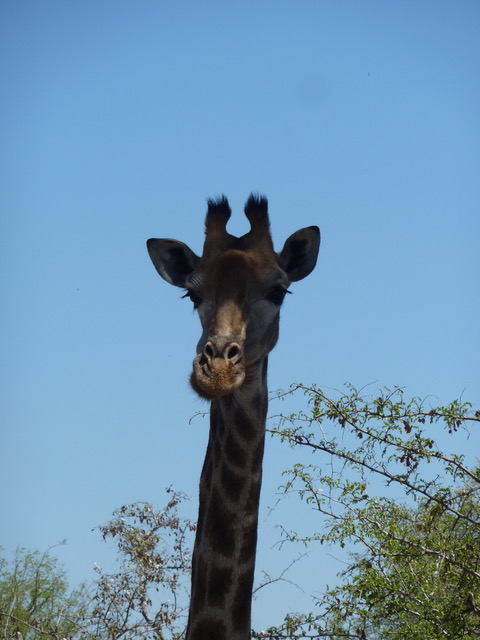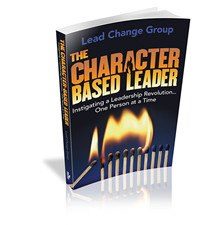
A brilliant woman that has been actively serving her community for years – is well known and highly regarded. In spite of that, she will occasionally admit that she struggles with imposter syndrome.
Another woman has chosen to share many of her golden years volunteering in several political roles. She is quick to emphasize how little she knew about politics when she got involved, and how much more she has to learn. In spite of all she doesn’t know, she is often surprised when people all across her state know her name and are recognizing her knowledge and contributions.
Here’s what both ladies don’t realize:
- It is their curiosity that continually fuels their learning.
- And as their knowledge continues to increase they are sharing passion and information with skill AND humility – a combination that earns both of them great respect while inspiring others.
There’s this basic circuit in the brain that energizes people to go out and get things that are intrinsically rewarding, this circuit lights up when we get money, or candy. It also lights up when we’re curious. –Dr. Charan Ranganath
On the flip side of being curious there are those that think they know all they need to know and have stopped exploring.
They are:
- Titled leaders that smell smoke within their organizations – but fail to follow it to the source.
- Those that form an opinion and refuse to consider another perspective. (Even if their opinions are based on a lifetime of what they’ve always done instead of on new information, trends or markets.)
- Leaders of companies that continue to lay people off – year after year after year.
- People that forward images and headlines on Social Media without reading the articles or investigating alternate sources of information – while expressing concern about the division in our world.
Those that prioritize curiosity over knowledge:
- Have more fun
- Seek the truth
- Confront brutal facts
- Learn faster
- Acquire more knowledge
- Are more humble
- Build stronger relationships
- Uncover root causes
- Solve bigger problems
- Make a greater difference
How about you…
- Have you ever allowed your knowledge to kill your curiosity?
- How did that impact your joy, learning, relationships, growth or impact?
- Is it time to make a change?




Fascinating post, Chery! I never thought about how knowledge can impact our learning and growth but it makes perfect sense.
Children are naturally curious and allow their curiosity to help them take risks and make mistakes. I agree that when we empower ourselves to be curious we will solve bigger problems. I force myself to delve deeper into subjects even if I think I have the necessary knowledge to run with them. By doing that I discover new aspects of any topic I need to present.
Thanks Chery and will share!
Thanks Terri!
And yes! Children do this naturally! And I love that you dig deeper into topics you already know. What a wonderful way to uncover possible new adventures and to add extra value to those you work with.
Hi, Chery
Your post is spot on the money, and the ten reasons concur with all the research I have been doing on curiosity and leadership for my next book.
Thank you for sharing.
Kind regards
John
Hi John – Great to hear from you! And how cool that you are working on another book!
Curiosity becomes you! 🙂